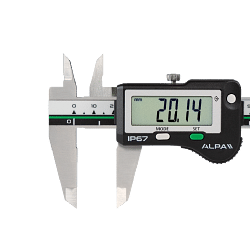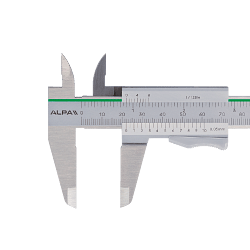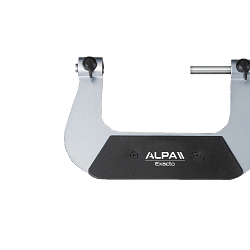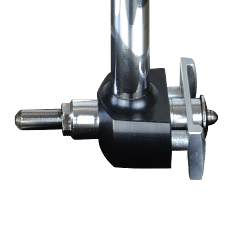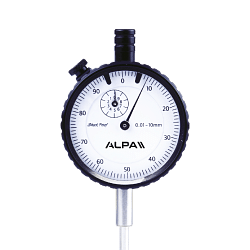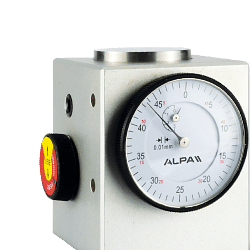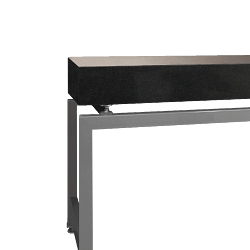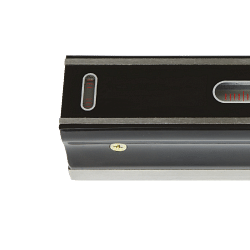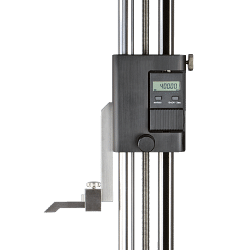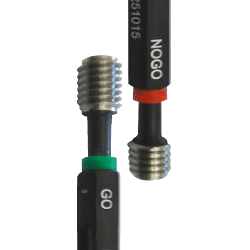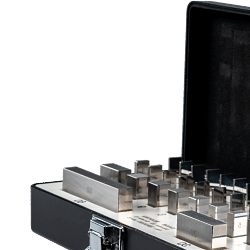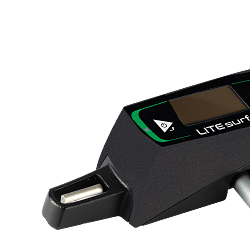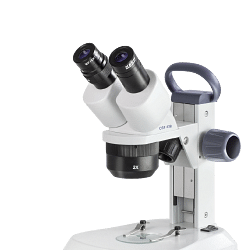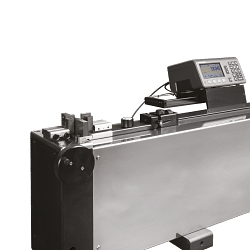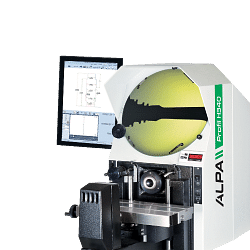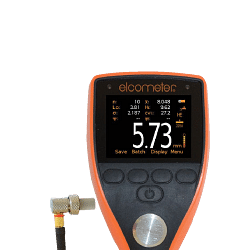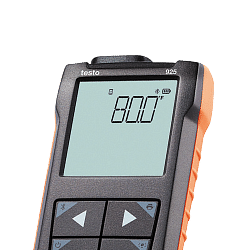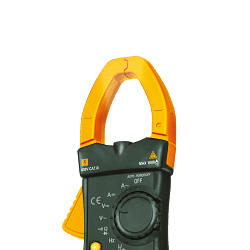You have no items in your shopping cart.
Register and use the discount code NEWWELCOME to get 10% off on your first purchase. GET DISCOUNT.
Register and use the discount code NEWWELCOME to get 10% off on your first purchase. GET DISCOUNT.
Register and use the discount code NEWWELCOME to get 10% off on your first purchase. GET DISCOUNT.
Free shipping in 24h from 200€
Catalogues
Customer service
How can we help you?
- Faq
- Customer service
02.927371
- Supporting big orders
02.38298620
-
info@linkindustrialtools.it
- Request assistance with form
Or contact us with the chat in the lower right corner
- All products
 Integral cutting tools
Integral cutting tools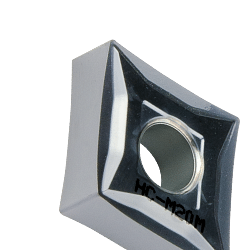 Turning tools
Turning tools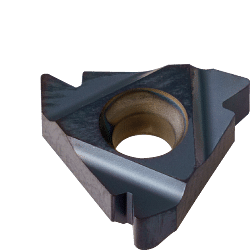 Thread tools
Thread tools Thread tools
Thread tools- All products
- Thread inserts
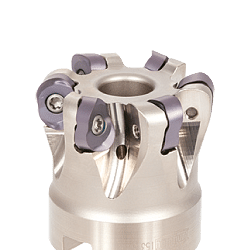 Milling cutters
Milling cutters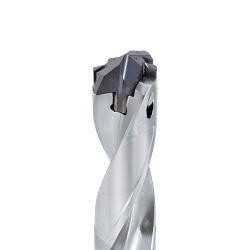 Drilling tools
Drilling tools Drilling tools
Drilling tools- All products
- Indexable drill bits
- Indexable drill heads
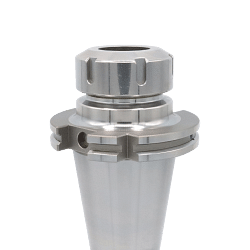 Clamping systems
Clamping systems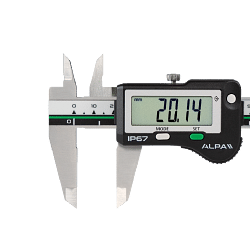 Measuring and precision tools
Measuring and precision tools Measuring and precision tools
Measuring and precision tools- All products
- Digital calipers with readings to 0.01
- Analogue calipers
- Digital micrometers
- Analogue micrometers
- Bore gauges
- Snap gauges
- Digital gauges
- Analogue gauges
- Touch probes
- Zero setters and edge finders
- Inspection plates
- Altimeters
- Height gauges
- Squares and levels
- Threaded rings
- Gauge blocks
- Calibrated tapes and thickness gauges
- Digital and analogue hardness testers
- Roughness testers
- Microscopes, lenses and visors
- Digital thermo-hygrometer to measure moisture
- Reset benches
- Optical profile projector
- Professional, digital dynamometers
- Laboratory scales
- Digital amperometric pliers
- Thickness and adhesion gauges
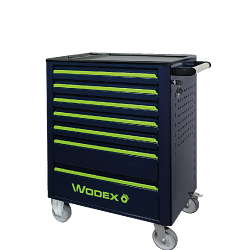 Hand tools
Hand tools Hand tools
Hand tools- All products
- Combination wrenches
- Spanners
- Hook wrenches
- Tubular wrenches
- Hexagon keys
- Torx wrench
- Socket wrenches
- Screwdrivers
- Torque wrenches
- Torque screwdriver
- Inserts and bits for screw drivers
- Tool trolleys
- Workshop pliers
- Wire strippers
- Cable strippers
- Cutting nippers
- Professional scissors
- Nippers
- Professional shears
- American or Swedish pipe wrench
- Adjustable wrench
- Pipe tools
- Pipe cutter for plumber
- Cutter
- Hacksaws
- Deburring tools
- Chisels
- Hammers and mallets
- Mechanical and conical pullers
- Clamps
- Tap wrenches and die stocks
- Riveters
- Flexometers
- Tape measures
- Markers
- Flat squares and rulers
- Professional dividers
- Professional protractors
- Brushes
- Lubricators and spray nozzles
- T-wrenches
- Reversible ratchets
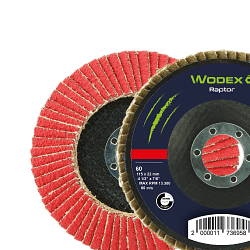 Abrasives
Abrasives Abrasives
Abrasives- All products
- Cutting discs
- Deburring grinding wheel
- Flap discs
- Fabric discs for surface treatment
- Abrasive fibre discs with Velcro
- Abrasive cloth in rolls, sheets and bands
- Flap wheels with pin and abrasive wheel with hole
- Abrasive wheels for buffing machines
- Abrasive spiral bands
- Abrasive brushes
- Flexible sanders
- Mounted grinding discs
- Polishing felt
- Solid carbide rotary cutters
- HSS rotary cutters
- Abrasive wheels for sharpening and grinding
- Diamond grinding wheels
- Grinding stone
- Diamond paste
- Abrasive stones
- Files and rasps
- Diamond files
- Grinders and polishing equipment
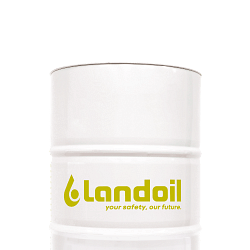 Lubricants for machine tools
Lubricants for machine tools Lubricants for machine tools
Lubricants for machine tools- All products
- Water-miscible coolants
- Neat cutting oil
- Minimal lubrication systems
- Oil for guides and slides
- Drums of hydraulic oil fluid
- Anti-freeze for machine tools
- Air coolers
- Oil separator
- Powders and absorbents for oil
- Aspirators for oil mist
- Accessories for cooling lubricants
- Metal and mould protectors
- Grease and paste
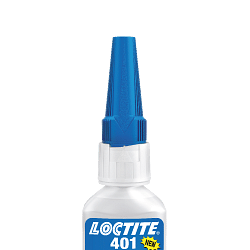 Chemical, adhesives and sealants
Chemical, adhesives and sealants Chemical, adhesives and sealants
Chemical, adhesives and sealants- All products
- Acrylic, cyanoacrylate and epoxy adhesives
- Guns and silicon sealant
- Threadlocker
- Sealants and retainers
- Release agents, lubricants and anti-seize
- Zinc spray and polishes
- Lubrication accessories
- Protections for maintenance
- Industrial Cleansing
- Handwash
- Industrial cloths and rags
- Welding machines
- Electrodes
- Clamps, shields and welding masks
- Antispatter
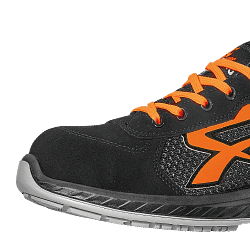 Safety equipment
Safety equipment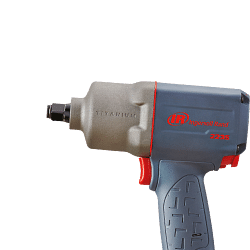 Pneumatics
Pneumatics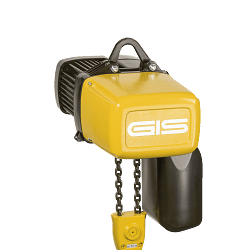 Lifting systems
Lifting systems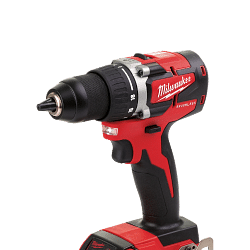 Workshop equipment
Workshop equipment Workshop equipment
Workshop equipment- All products
- Column and bench drills
- Accessories for lathes
- Band saws
- Cut-off machines
- Bench grinders
- Power tools
- Spare parts and accessories for Power Tools
- Saws and hole cutters: wood, metal and plasterboard
- Tapered cutters for sheet metal
- Industrial aspirators
- Fume aspirators
- Bench vices
- Technical lamps
- LED torches
- Industrial cable winders
- Trolley wheels
- Quick clamps
- Threaded inserts
- Control knobs
- Packaging accessories and material
- Belt sanders
- Electric tapping machines
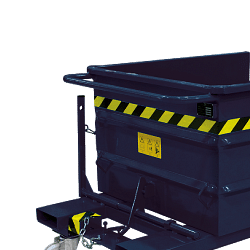 Furnishings and storage
Furnishings and storage Furnishings and storage
Furnishings and storage- All products
- Work benches
- Swivel chairs for office use
- Drawer units for workshops
- Industrial cabinets for warehouses and workshops
- Tool cabinets
- Security cabinets
- Changing room cabinets
- Containers for small metal parts
- Scrap holders
- Workshop trolleys
- Spill pallets for drum storage
- Shelves for warehouses and offices
- Cantilever shelving
- Aluminium ladders
- Modular plinths
- Units and cabinets for waste recycling
 Brand
BrandPromotions
 Bestseller
Bestseller- Catalogues
-
Catalogues
Customer service
How can we help you?
- Faq
- Customer service
02.927371
- Supporting big orders
02.38298620
-
info@linkindustrialtools.it
- Request assistance with form
Or contact us with the chat in the lower right corner
< Measuring and precision tools
- Home
- Measuring and precision tools
- Altimeters
Altimeters
Altimeters are an essential tool in the context of machine shops, where precision and reliability are essential to ensure product quality and safe operations. These devices, which measure altitude relative to a reference point, find application in a wide range of industries, from aeronautics and automotive to complex machinery construction. In this in-depth look, we will explore in detail what altimeters are, how they work, their practical applications and the benefits they offer to machine shops.
Understanding altimeters: definition and function
Altimeters are measuring instruments that determine the altitude of an object relative to a reference level, usually sea level. There are different types of altimeters, including barometric, radar and GPS, each with specific modes of operation and applications. Barometric altimeters, for example, measure atmospheric pressure to calculate altitude, while radar altimeters use radio waves to determine distance above ground. GPS altimeters, on the other hand, rely on satellite signals to provide precise measurements.
Applications of altimeters in machine shops
In machine shops, altimeters are used for a variety of purposes. One of the most common uses is in quality control, where the accuracy of measurements is crucial to ensure that manufactured components meet design specifications. Altimeters can be used to verify the height of machined parts, ensuring that they are within established tolerance limits. They are also used in the calibration of machinery, where it is essential to maintain a high level of accuracy to avoid production errors.
Advantages of using altimeters in machine shops
The adoption of altimeters in machine shops offers numerous advantages. Firstly, they improve the accuracy of measurements, reducing the margin of error and increasing the quality of the final product. Furthermore, they help optimise production processes, allowing any discrepancies in component dimensions to be quickly identified and corrected. This translates into reduced machine downtime and costs associated with rework or scrap.
How to choose the right altimeter for your workshop
Choosing the right altimeter for a machine shop depends on several factors, including the type of machining operations performed, the level of accuracy required and the budget available. It is important to consider the technical specifications of the altimeters, such as resolution, measuring range and ease of use. In addition, it is advisable to assess compatibility with existing quality management systems and the possibility of integration with other measuring instruments.
Frequently asked questions about altimeters in machine shops
1. What is the difference between a barometric altimeter and a GPS altimeter?
Barometric altimeters measure altitude based on atmospheric pressure, while GPS altimeters use satellite signals to provide more precise, weather-independent measurements.
2. Do altimeters require maintenance?
Yes, like any measuring instrument, altimeters require regular maintenance to ensure their accuracy and reliability. It is important to follow the manufacturer's instructions for calibration and cleaning.
3. Can altimeters be used in extreme environments?
Many altimeters are designed to operate in harsh environmental conditions, but it is essential to check the product specifications to ensure that they are suitable for the intended use.
4. What are the main limitations of altimeters?
The limitations of altimeters depend on the type of technology used. For example, barometric altimeters can be affected by variations in atmospheric pressure, while GPS altimeters can have difficulties in areas with poor satellite coverage.
5. Can altimeters be integrated with other measurement systems?
Yes, many modern altimeters offer integration capabilities with other measuring instruments and quality management systems, facilitating data collection and analysis.
In conclusion, altimeters are a key element for machine shops aiming to improve the accuracy and efficiency of their production processes. Choosing the right altimeter, combined with proper maintenance and integration into existing systems, can lead to significant improvements in product quality and reduced operating costs.
Read More Read LessUnderstanding altimeters: definition and function
Altimeters are measuring instruments that determine the altitude of an object relative to a reference level, usually sea level. There are different types of altimeters, including barometric, radar and GPS, each with specific modes of operation and applications. Barometric altimeters, for example, measure atmospheric pressure to calculate altitude, while radar altimeters use radio waves to determine distance above ground. GPS altimeters, on the other hand, rely on satellite signals to provide precise measurements.
Applications of altimeters in machine shops
In machine shops, altimeters are used for a variety of purposes. One of the most common uses is in quality control, where the accuracy of measurements is crucial to ensure that manufactured components meet design specifications. Altimeters can be used to verify the height of machined parts, ensuring that they are within established tolerance limits. They are also used in the calibration of machinery, where it is essential to maintain a high level of accuracy to avoid production errors.
Advantages of using altimeters in machine shops
The adoption of altimeters in machine shops offers numerous advantages. Firstly, they improve the accuracy of measurements, reducing the margin of error and increasing the quality of the final product. Furthermore, they help optimise production processes, allowing any discrepancies in component dimensions to be quickly identified and corrected. This translates into reduced machine downtime and costs associated with rework or scrap.
How to choose the right altimeter for your workshop
Choosing the right altimeter for a machine shop depends on several factors, including the type of machining operations performed, the level of accuracy required and the budget available. It is important to consider the technical specifications of the altimeters, such as resolution, measuring range and ease of use. In addition, it is advisable to assess compatibility with existing quality management systems and the possibility of integration with other measuring instruments.
Frequently asked questions about altimeters in machine shops
1. What is the difference between a barometric altimeter and a GPS altimeter?
Barometric altimeters measure altitude based on atmospheric pressure, while GPS altimeters use satellite signals to provide more precise, weather-independent measurements.
2. Do altimeters require maintenance?
Yes, like any measuring instrument, altimeters require regular maintenance to ensure their accuracy and reliability. It is important to follow the manufacturer's instructions for calibration and cleaning.
3. Can altimeters be used in extreme environments?
Many altimeters are designed to operate in harsh environmental conditions, but it is essential to check the product specifications to ensure that they are suitable for the intended use.
4. What are the main limitations of altimeters?
The limitations of altimeters depend on the type of technology used. For example, barometric altimeters can be affected by variations in atmospheric pressure, while GPS altimeters can have difficulties in areas with poor satellite coverage.
5. Can altimeters be integrated with other measurement systems?
Yes, many modern altimeters offer integration capabilities with other measuring instruments and quality management systems, facilitating data collection and analysis.
In conclusion, altimeters are a key element for machine shops aiming to improve the accuracy and efficiency of their production processes. Choosing the right altimeter, combined with proper maintenance and integration into existing systems, can lead to significant improvements in product quality and reduced operating costs.


